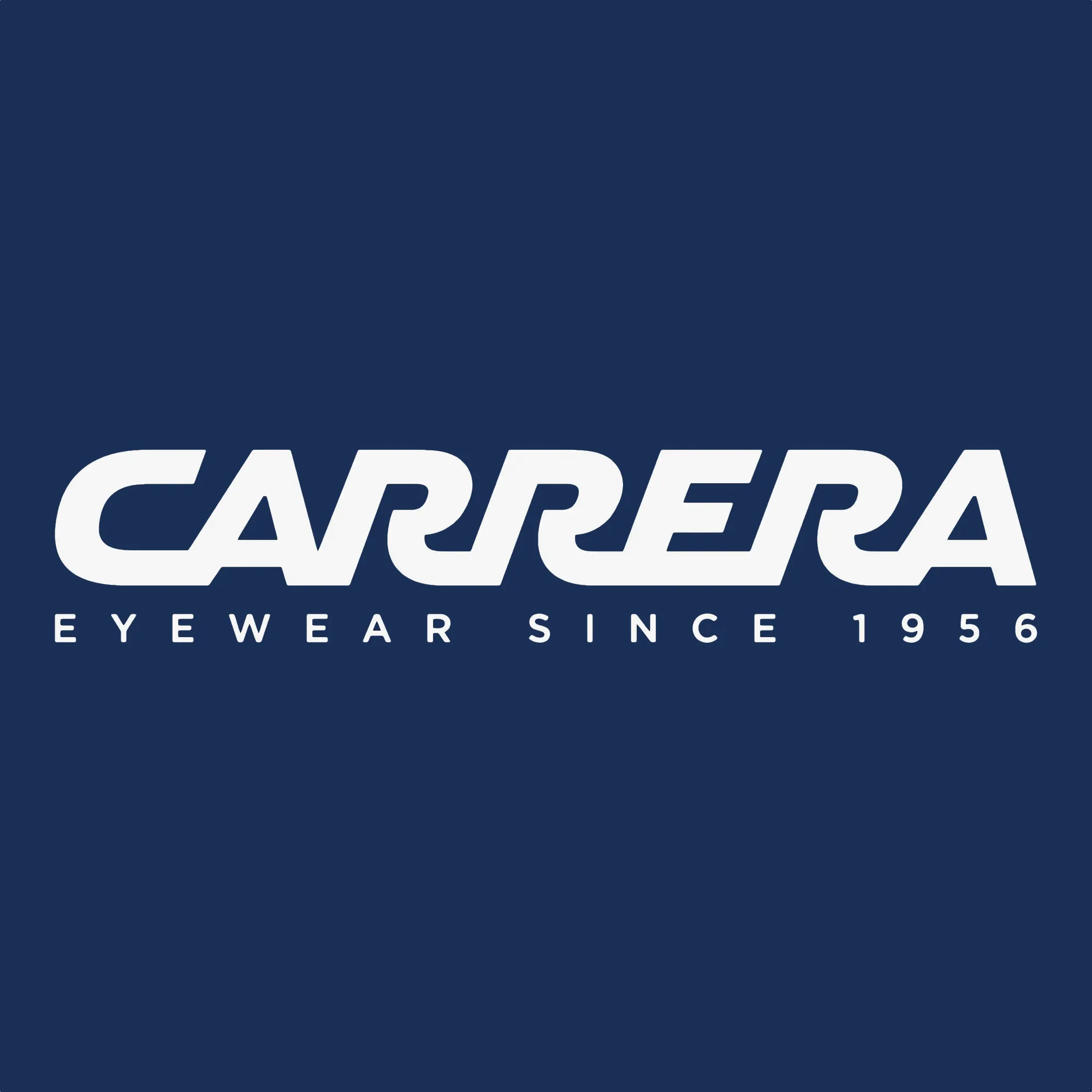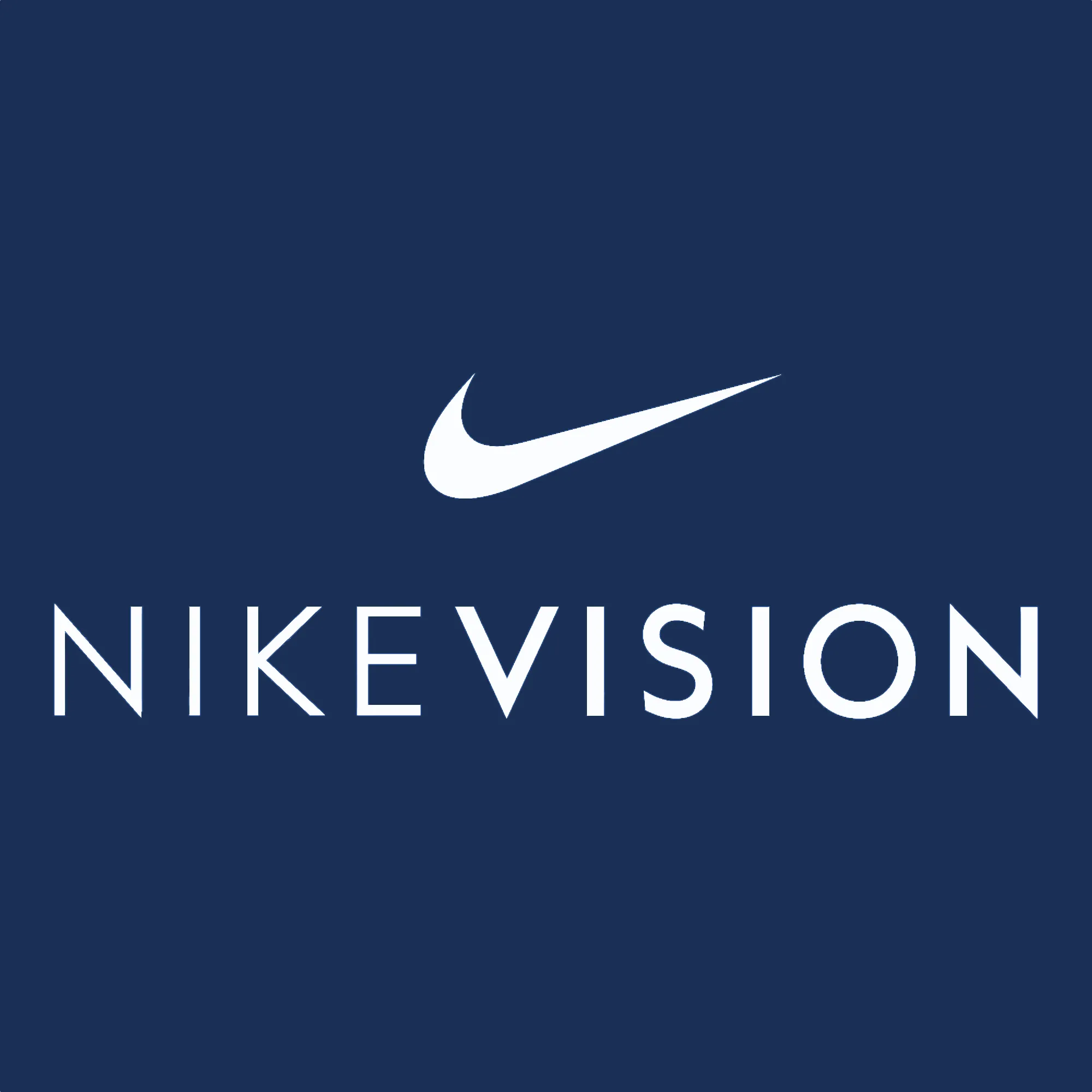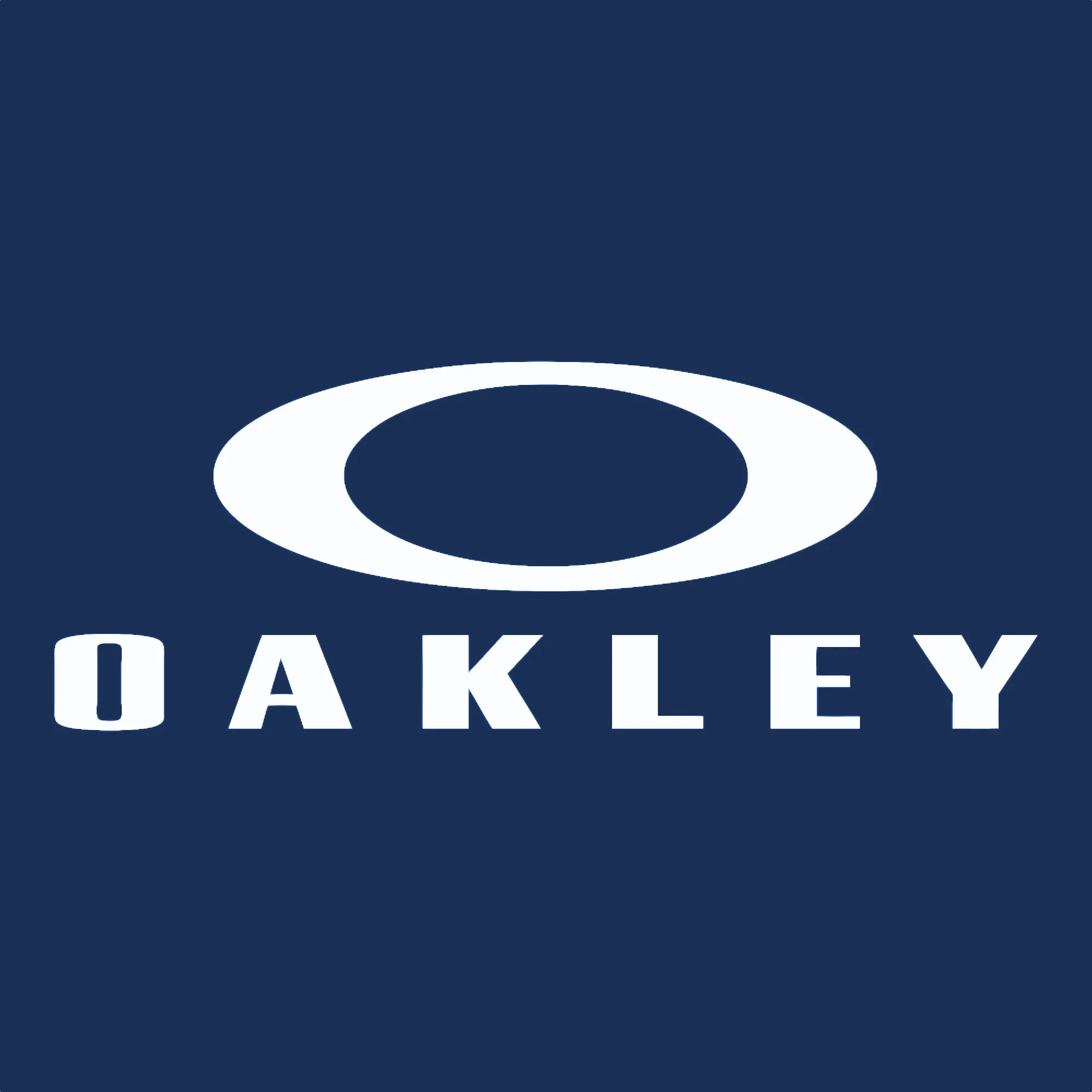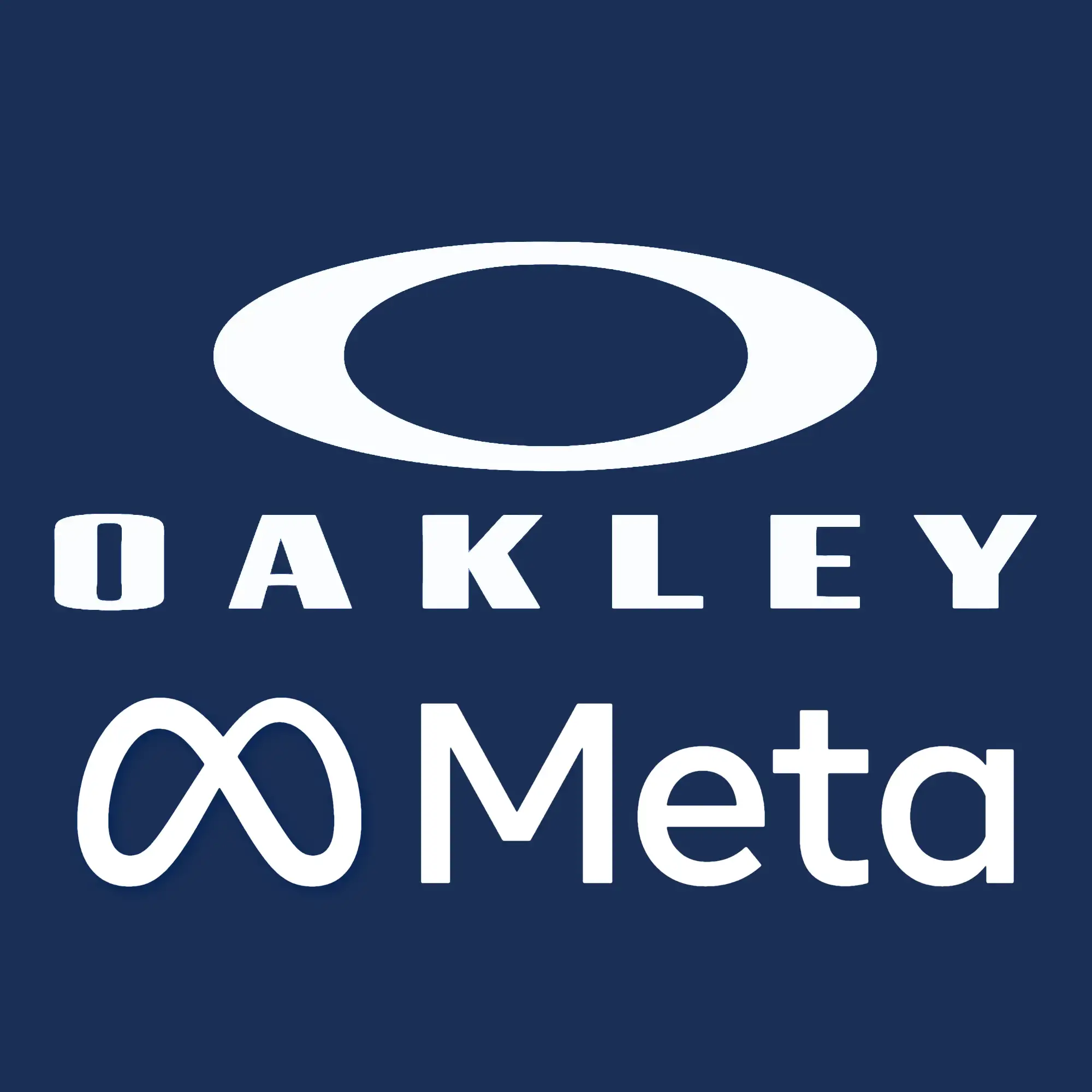- 40% Off Lenses with Frame Purchase– |
- OTHER OFFERS
- |
Discover our cutting-edge technology lenses
Optometrist Services Kitchener Ontario
By selecting the right optometrist in Kitchener, Ontario, you’re opting for individualized care and knowledgeable guidance to ensure all your vision requirements are met.
At Premier Optical, our family-run boutique has been providing thorough eye exams and a carefully curated collection of fashionable eyewear for over 30 years.
With over a decade of experience and a passion for quality, we offer innovative products to meet your visual needs with stylish eyewear that suit your lifestyle.
Put your trust in our commitment to your eye care, and allow us to help you experience life in full color.
- 40% Off Lenses with Frame Purchase–
- OTHER OFFERS
- |
WE DIRECT BILL
Most Major Insurance Providers, Discover More…
1 HOUR LENSES
Ready to Customize your needs, Discover More…
FREE REPAIR & ADJUSTMENTS
A commitment of Quality and Service, Discover More…
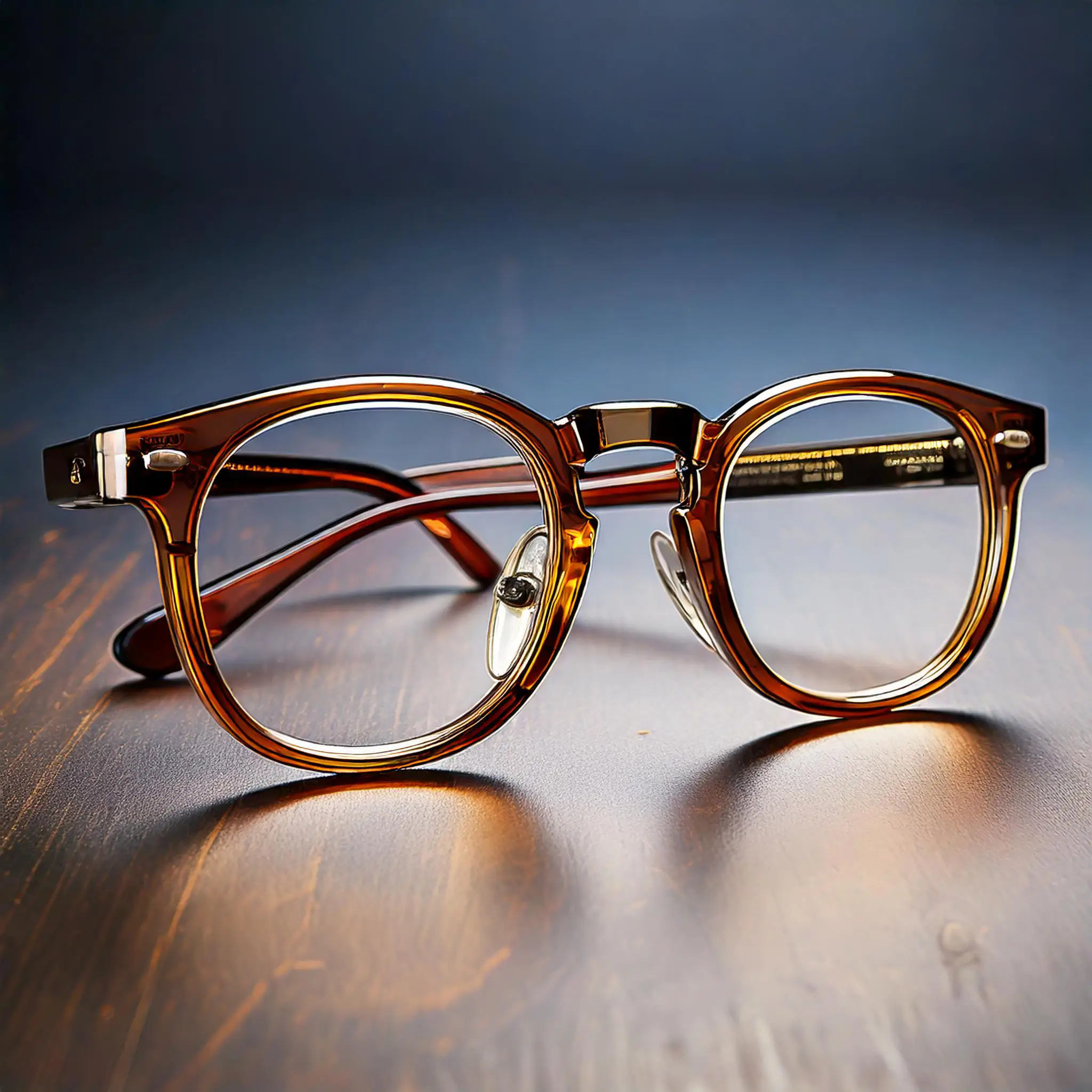
Comprehensive Eye Exams
Importance of Regular Eye Exams
Taking care of your eyes is about more than just being able to see clearly. It’s the best way to protect your eye health in the long run. Comprehensive eye exams are an essential component of preventive healthcare. They are routinely recommended for all patients, regardless of age or vision status.
For kids, routine exams are even more crucial. In fact, as many as 5% to 10% of preschoolers and 25% of school-aged children have vision problems. Beginning a comprehensive eye exam by six months can have life-changing effects. It’s creating an opportunity to spot and address these problems before they become life-threatening.
These routine checkups can help identify if a child is suffering from vision issues that may be impeding their ability to learn and grow. Even for adults with 20/20 vision, regular eye exams are necessary. Your eyes are no different—many eye diseases and conditions do not exhibit any noticeable symptoms until they have advanced significantly.
Having a comprehensive annual exam can identify problems, such as glaucoma or macular degeneration, sooner before they progress to a more serious stage. These comprehensive eye exams are essential to monitoring prescription changes over time. They’re vital to detecting health conditions such as diabetes and high blood pressure.
Experts agree that staying on top of your eye health with yearly exams is one of the best ways to maintain strong vision for life.
What to Expect During Your Exam
At Premier Optical, a comprehensive eye exam is about more than just checking boxes. It’s a comprehensive, state-of-the-art series of tests, all tailored to your unique vision and eye health. For example, during your eye exam visit, the optometrist will evaluate how clear your vision is. They’ll decide whether you need a prescription for glasses or contact lenses.
Even that is just the start of the fun. During your exam, you’ll receive a series of tests to determine the health of your eyes. These screenings will monitor for issues such as cataracts, glaucoma, and retinal disorders. These tests often use state-of-the-art imaging technology to leave no detail unseen.
If you have any concerns, especially if you’ve noticed sudden changes in your vision, this is an ideal opportunity to bring them up. You should be able to ask questions and receive clear, thorough explanations of your results. You’ll get tailored advice to help you preserve or protect your vision.
Even for those who usually don’t require vision correction, these exams are equally essential. Eye health is more than good vision—it’s making sure your eyes are working properly and remain healthy. Consider it to be a check-up for one of your most valuable senses.
Our Brands
Brands to define your Unique style with the highest quality in materials and styles. Our exclusive premium eyewear collection is only possible by keeping you in mind for that perfect look.
Visit us in person to discover our constantly evolving gallery.
Prescription Glasses
Types of Lenses Offered
Single Vision
Single vision lenses are the simplest, single focal length corrective lens options available. These lenses are great for anyone who wears glasses for reading or driving. At Premier Optical we make these lenses to your exact prescription for the sharpest, most precise vision possible.
Whether you’re a student cramming for finals or an office professional burning the midnight oil, single vision lenses offer consistent, reliable vision.
Bifocal
Modern bifocal lenses offer a convenient option for patients requiring help with both near and distance vision. They have specialized segments, one for each patient’s visual field. If you are 40–64 years old, you might find it difficult to concentrate on objects up close.
This difficulty is usually the first noticeable symptom of presbyopia. Bifocal lenses are an easy solution to close the gap so she can read the paper and catch up on her soap operas in comfort. Our skilled staff will walk you through your possibilities to discover a style that works best for your lifestyle.
Progressive
Progressive lenses provide a no-line, smooth transition between all your prescriptions. These are especially great for people who prefer a more natural visual experience.
When you’re working on your computer, it’s very convenient to look up and hold a conversation with someone on the other side of the room. With progressive lenses, that transition is seamless. They’re a fashionable option, as they appear to be clear lenses while offering a host of high-tech features.
Our Lenses
Your lifestyle, your unique lenses




Frame Selection
Selecting the right frames is a matter of finding the balance between function and fashion. At Premier Optical, we personally select designer frames to ensure a unique and varied collection.
Whether you’re into simple styles or more daring designs, we have the perfect frame for your unique personality. Whether you’ve got your heart set on a classic aviator frame or a chic cat-eye shape, there’s an option for every aesthetic.
Our collection features sturdy pairs for children, active, lightweight styles for sporty grownups, and sophisticated frames for the most elegant occasions. With our team’s expert help, you’re sure to find a pair that fits your face and lifestyle perfectly and enhances your overall appearance.


Lens Coatings and Treatments
Lens coatings can make a world of difference in your daily eyewear experience. These coatings eliminate distracting glare, making nighttime driving safer and increased computer use less tiring.
Scratch-resistant coatings improve durability, making them a great choice for anyone on the go, including active families with young kids. For active lifestyles, UV-protective coatings protect your eyes from the sun’s harmful rays.
Blue light filters are a wise investment when you’re spending extensive time in front of digital screens. By adding these treatments, you’ll be better protected against everyday challenges and help your lenses last longer.
Contact Lens Services
Vision Correction that feels and looks natural
Routine eye care and annual comprehensive eye exams are key for overall eye health, and even more so for those who wear contact lenses. At Premier Optical, quality and patient care come first. Our lenses go beyond just correcting your vision—they enhance your lifestyle every day.
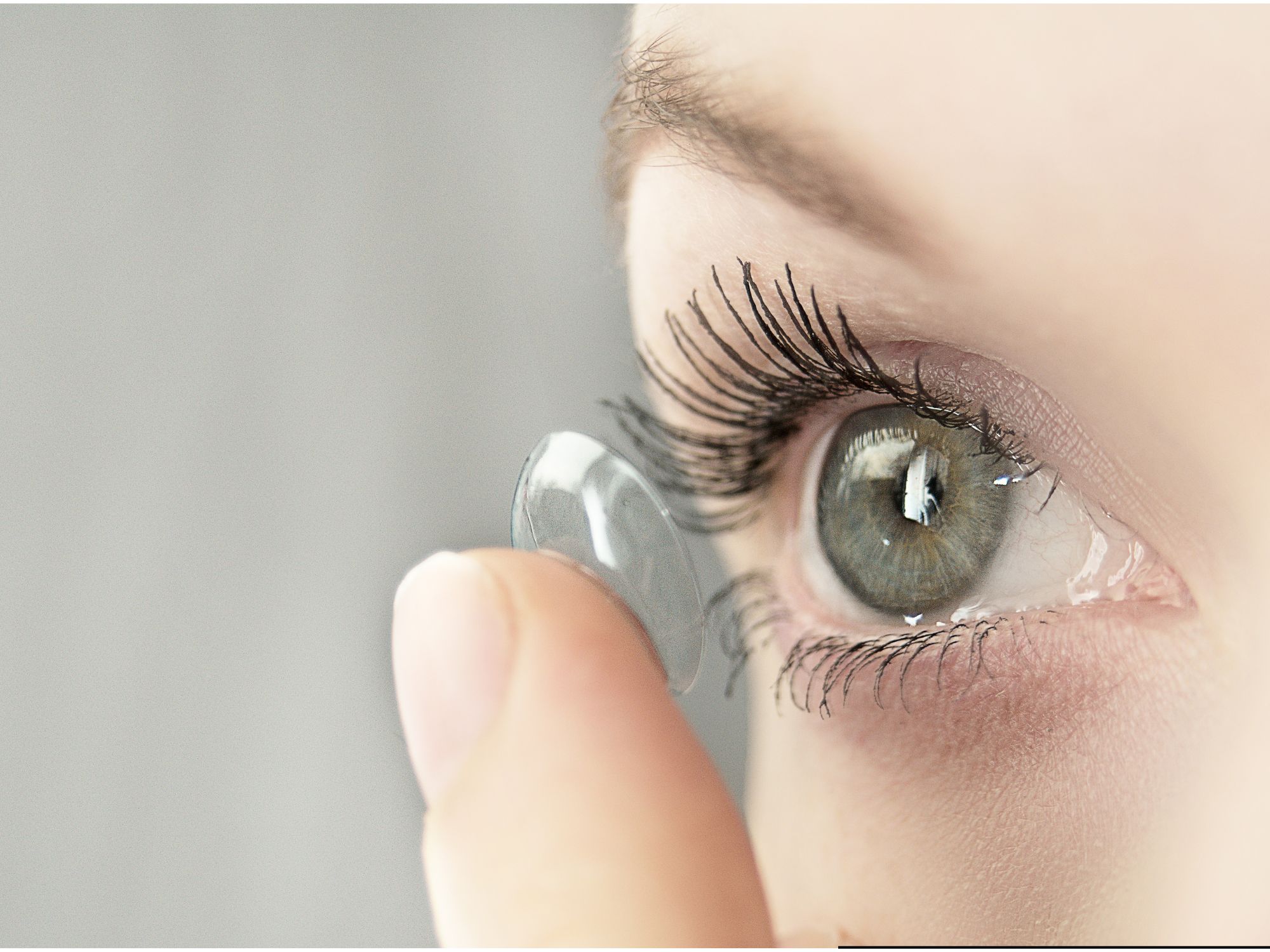
Contact Lens Fittings
Finding the best contact lenses is equal parts science and comfort. Then we take out all the complication to put it within easy reach of anyone. At Premier Optical, our knowledgeable team will walk you through personalized, professional contact lens fittings.
We’ll customize the lenses to suit your specific prescription and lifestyle. If you’re new to contact lenses or want to make a change, we will walk you through the process. During your appointment, you’ll get one-on-one attention to make sure the lenses are comfortable and delivering crisp vision.
It just couldn’t be easier to get started—schedule your contact lens examination and fitting in Kitchener-Waterloo today! Often, you’ll even have the opportunity to sample lenses same day as your exam. This personalized experience lets you discover the look and feel of your lenses.
For those new to contact lenses, we provide thorough training on inserting, removing, and caring for your lenses, giving you confidence from day one. Whether you need a few or many, we have the right choice for your needs. Select from daily, weekly or monthly disposables, or stick with our conventional vial lenses.
Specialty Contact Lenses
Not every eye is created equally, which is why we provide specialty contact lenses for those with specific prescriptions or eye conditions. These complex lenses are designed for people who have had difficulty adapting with regular lenses. They’re good at targeting special visual needs.
Astigmatism
Astigmatism no longer requires you to settle for less comfort or vision. We have toric lenses created for astigmatic eyes. These lenses are specifically designed to resist moving and provide clear, stable vision all day long.
New lens technology has helped even more people become contact lens wearers. Now, people who have high amounts of astigmatism can enjoy the freedom and convenience that contact lenses provide.
Multifocal
For people who require separate prescriptions for close and distant sight, multifocal contact lenses offer a convenient alternative. These lenses remove the hassle of swapping between different pairs of glasses and help you see comfortably at all distances without interruption.
Be it reading, driving, or working on a computer, multifocal lenses offer a world of clarity and adaptability. Our experienced team will guide you through a careful fitting process, so you can trust the lenses will work best for your specific needs.
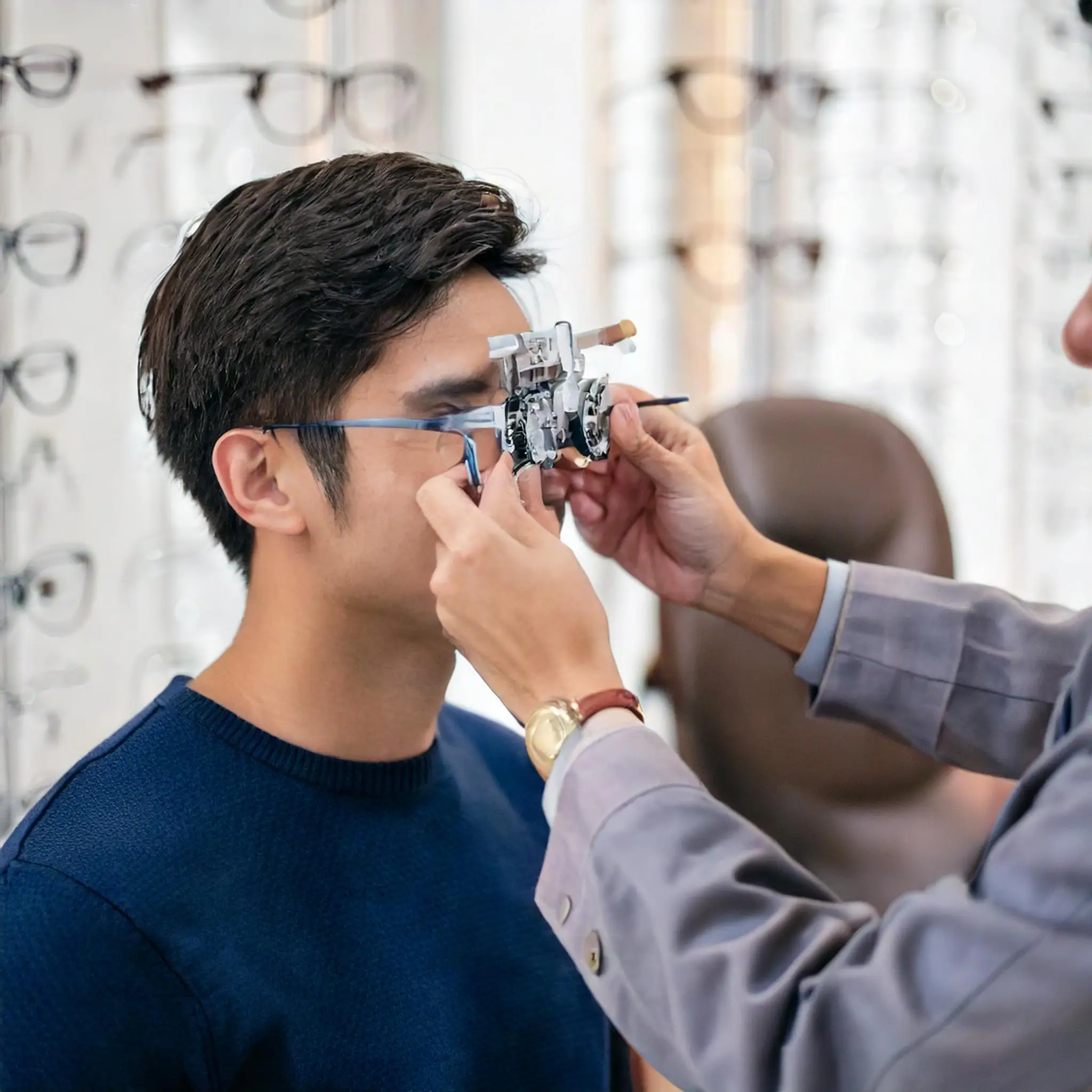
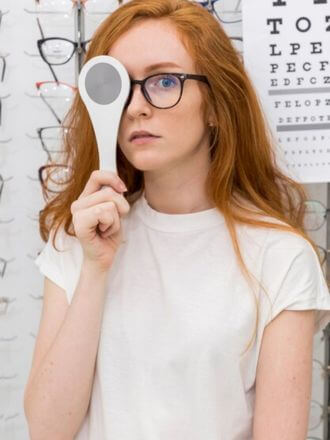
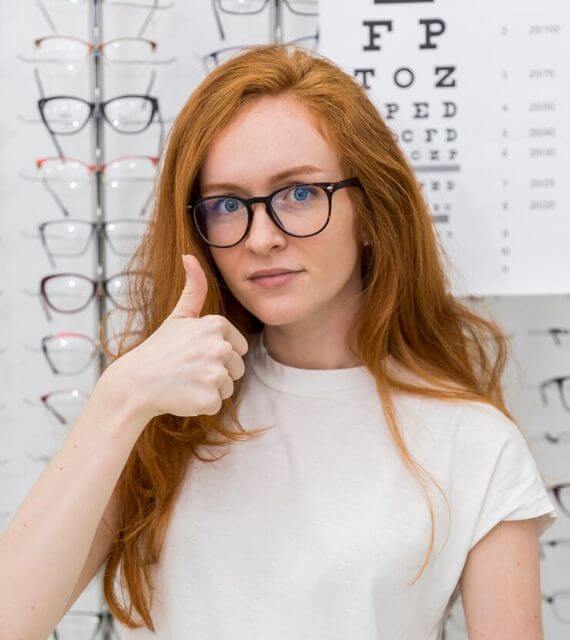
Advanced Diagnostic Technology
When it comes to providing the very best eye care in Kitchener, Ontario, advanced diagnostic technology is a game changer. At Premier Optical, we’ve combined the most advanced diagnostic technology to deliver unparalleled precision alongside the comfort of a comprehensive eye exam. It’s more than keeping up with fads. It’s all about making sure you’re as informed as you can be about the health of your eyes.
We want to deliver more than just cutting edge tools powered by these advanced technologies. We aim to make quality eye care comprehensive, convenient and accessible for all. Whatever test you take, we’ve designed the experience with you in mind, empowering you with clear, deep insights, without the pain.
Whether you’re looking for everyday wellness or seeking treatment for a chronic condition – we’re here for you. Rest assured that we’re committed to helping you protect your vision and long-term eye health at every turn.
OUR LATEST BLOG

Sudden Blurry Vision: Common Causes, Key Symptoms
A sudden change in vision is unsettling and can point to a range of issues — some benign, some urgent. Below we explain the likely
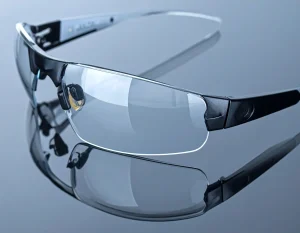
Is Paying More for Glasses Lenses Actually Worth It?
Are pricier eyeglass lenses really better, and should you spend the extra money? It’s a common question, especially when the cost of a pair of prescription
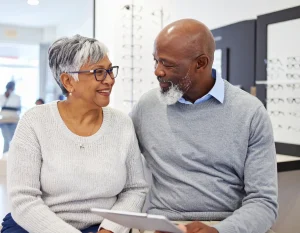
Does OHIP Cover Prescription Eyewear? Costs & Coverage Gaps
Many Ontario residents wonder if the provincial health plan (OHIP) will help pay for prescription eyeglasses or contact lenses. Vision care can be costly, and
Our Brands
Brands to define your Unique style with the highest quality in materials and styles. Our exclusive premium eyewear collection is only possible by keeping you in mind for that perfect look.
Visit us in person to discover our constantly evolving gallery.
FAQ
You can book an eye exam at Premier Optical either online through our website or by calling our Waterloo, Ontario eye care centre. This makes it easy to schedule a comprehensive eye exam at a time that works for you—whether you’re coming from Waterloo or the Kitchener-Waterloo area.
Appointment timing depends on current availability. The best way to confirm the soonest opening is to book online or call our clinic directly, and our team will help you find the earliest optometry appointment that fits your schedule.
Same-day or next-day eye exam availability can vary. We recommend checking online booking or calling Premier Optical so we can confirm the fastest available appointment with one of our optometrists.
Premier Optical provides comprehensive eye exams with an optometrist, but the exact appointment length isn’t specified in our service details. When you book your eye examination, we can confirm what to expect for timing.
Our service details confirm we offer direct billing with most major insurance providers, so bringing your insurance information is helpful. If you wear glasses or contact lenses, bringing your current eyewear can also support your visit, but specific “what to bring” requirements aren’t listed—call our Waterloo clinic and we’ll confirm what you need for your eye exam.
Premier Optical offers optometric services and eye exams for patients in Waterloo and surrounding areas, but our published details don’t specify family-block booking. If you call us, we can confirm scheduling options for multiple eye exam appointments together.
Our website details don’t outline a specific late/cancellation policy. If you need to reschedule your eye exam, the best step is to call Premier Optical as soon as possible so we can help adjust your appointment time.
At Premier Optical, our comprehensive eye exams go beyond prescription updates by assessing overall eye health. This helps support vision accuracy and can catch concerns that aren’t obvious from “seeing clearly” alone—an important part of proactive eye care in Waterloo and the Kitchener-Waterloo region.
Our service information confirms we provide comprehensive eye examinations and eye health assessment, but it doesn’t list a recommended exam frequency. If you have heavy screen time, headaches, or changing vision, book an eye exam and our optometrist can advise based on your results and vision needs.
Premier Optical provides eye exams and eye care services, but our published service details don’t specify a children’s exam schedule. If you’re booking for kids in Waterloo or Kitchener-Waterloo, contact us and we’ll help you plan the right timing based on your child’s needs.
Yes. Our comprehensive eye exam is designed to assess eye health beyond just prescription needs. Even if your eyesight seems stable, an eye examination can still help evaluate overall eye health.
A comprehensive eye exam at Premier Optical can help assess vision accuracy and eye health, which may contribute to symptoms like headaches or eye strain. After your exam, we can guide you through appropriate eyewear options—such as prescription glasses, lenses, or contact lenses—based on what the results show.
Yes. Start with a comprehensive eye exam to confirm your prescription and overall eye health. After that, our optical team can help you choose lens options tailored to your day-to-day vision needs, including driving—using our custom lens fabrication and advanced technology.
Premier Optical’s service approach is centered on guided care—starting with an optometrist-led eye exam and followed by support choosing eyewear and lens options. While our published details don’t state a specific “plain language” guarantee, our process includes reviewing your results and then helping you select frames, lenses, or contact lenses that match your vision needs.
Premier Optical offers eye exams provided by optometrists, but our service details don’t publish exam pricing or the factors that change cost. For accurate pricing and any insurance-related details, please call our Waterloo clinic (we also offer direct billing with most major insurance providers).
We offer eyewear including eyeglasses, lenses, and designer/luxury frames, with custom lens fabrication and advanced technology—so totals can vary based on frame choice and lens options. Our service details don’t list typical price ranges, but we can provide specifics in-store and can direct bill with most major insurance providers to simplify payment.
Premier Optical provides custom lens options and advanced lens technology, but our service details don’t break down pricing by lens add-on (such as anti-reflective, blue light filtering, progressives, or high-index thinning). If you share your prescription and how you use your glasses (screens, driving, reading), we can review lens choices and provide a clear quote.
Our published service details don’t specifically state written-quote practices. However, because we offer custom lenses and a curated eyewear selection, it’s reasonable to ask for a detailed quote—contact Premier Optical and we’ll confirm what we can provide before you commit.
Premier Optical is positioned as a boutique eyewear store with a designer and luxury frame collection curated for quality and style. Our service details emphasize premium and exclusive selections; they don’t specify value-tier pricing, so please contact us to review current frame and lens options that fit your budget and vision needs.
Our service details confirm direct billing with most major insurance providers, but they don’t list accepted payment methods or whether financing/split payments are available. Please call Premier Optical in Waterloo to confirm the payment options for your eyewear purchase.
Our service details don’t mention promotions or package pricing. For the most current offers related to prescription glasses, lenses, or sunglasses, contact Premier Optical directly.
Yes. Premier Optical offers direct billing with most major insurance providers, helping reduce out-of-pocket hassle when you’re paying for an eye exam, prescription glasses, lenses, or contact lenses.
We direct bill with most major insurance providers, but our service details don’t list specific plan names or required documents. Bring or share your insurance information, and our team can confirm eligibility and process direct billing at our Waterloo optical and eye care centre.
Premier Optical provides direct billing with most major insurers to simplify payment, but our service details don’t explicitly specify pre-purchase out-of-pocket calculations. If you provide your coverage details, we can help clarify what insurance may cover before you finalize your eyewear selection.
We offer direct billing with most major insurance providers, which can make using benefits simpler. Our service details don’t outline year-end benefit planning, so contact Premier Optical and we’ll help you understand how to use direct billing for your glasses, lenses, or contact lenses based on your plan information.
Our service details confirm direct billing with most major insurance providers, but they don’t specify coordination of benefits for two plans. Please call our Waterloo clinic with both plan details so we can confirm what’s possible.
Premier Optical offers comprehensive eye exams and eyewear (frames, lenses, sunglasses, and contact lenses). While direct billing helps when you have coverage, our service details don’t list uninsured pricing or programs—contact us for a clear quote based on your prescription, lens options, and frame selection.
After your eye exam, our team helps you select from a curated eyewear collection—balancing style with functional performance—so your glasses look great and work for everyday comfort. If your fit changes over time, we also provide free adjustments and repairs.
Yes. Premier Optical is a boutique eyewear store with a curated selection of high-quality designer and luxury frames. Our team can guide you through options that match your style preferences and optical needs; specific budgeting processes aren’t detailed on our site, so for price guidance, ask us for a quote while you browse.
Our service details highlight a curated collection of high-quality designer and luxury eyewear frames, but they don’t specify particular “durable” or “lightweight” categories. Visit Premier Optical in Waterloo and we can help you choose frames intended for your day-to-day use, and we also provide free adjustments and repairs for ongoing support.
Yes. Premier Optical carries designer and luxury eyewear frames curated for high quality and style. The key difference is the boutique-style, premium selection focused on elevated aesthetics and overall craftsmanship—paired with custom lens options for performance.
Yes. Premier Optical offers free eyewear adjustments and repairs, which helps address common fit issues like slipping, pressure points, or a crooked fit so your eyeglasses stay comfortable and aligned.
Yes. Because we offer a curated boutique selection of designer and luxury frames, our team can help you choose eyewear that fits a professional appearance while still meeting your prescription and comfort needs.
Start with a comprehensive eye exam so your prescription and eye health are properly assessed. Then we’ll recommend lens options based on how you use your vision day to day (screens, driving, reading), using our custom lens fabrication and advanced technology to match function and comfort.
Our service details confirm we provide custom lens options and prescription eyewear, but they don’t define or compare single-vision, bifocals, and progressives. The best next step is to book an eye exam, and we can review your prescription and vision needs to help select the right lens type.
Premier Optical offers custom lens options, but our service details don’t specifically address blue light lenses or who benefits most. If you experience screen-related eye strain, book a comprehensive eye exam and we can discuss lens options based on your visual needs and daily screen time.
Our service details don’t specifically describe anti-reflective coating. What we can confirm is that we offer custom lens options and advanced lens technology; after your eye exam, we can recommend lens features that suit driving and glare concerns based on your prescription and needs.
Premier Optical provides custom lens options and advanced lens fabrication, but our service details don’t specify high-index lens guidance. If you’re interested in thinner lenses, we can review your prescription after your eye exam and explain what options are available for your eyewear.
We can help by starting with a comprehensive eye exam and then customizing your lenses using our advanced lens technology. Our service details don’t outline a specific “progressive adaptation” program, but we do provide ongoing support through free adjustments and repairs to help improve comfort and fit with your glasses.
Premier Optical offers a “1-Hour Lenses” service for quick turnaround lens production. Our service details don’t list exactly what’s included or which prescriptions qualify, so the best approach is to contact us with your prescription and frame choice and we’ll confirm eligibility.
For urgent eyewear needs, Premier Optical’s fastest option is typically our “1-Hour Lenses” service, where available. Call our Waterloo optical centre with your prescription details so we can confirm the quickest turnaround for your lenses.
Our service details confirm that “1-Hour Lenses” is available for quick turnarounds, but they don’t provide timelines for prescriptions that don’t qualify. If your lenses require additional customization, we’ll confirm the expected turnaround when you place your order.
Premier Optical provides custom lens fabrication and quick-turn options like “1-Hour Lenses,” but our published details don’t specifically confirm re-lensing existing frames or the timing for that service. Bring your frames in or call our Waterloo clinic and we’ll confirm what’s possible based on fit and prescription requirements.
Yes. Premier Optical offers free eyewear adjustments and repairs as part of our customer care. Our service details don’t list every included repair type, so if you describe the issue (fit, loose parts, alignment), we can confirm what can be handled in-store.
We do offer free adjustments and repairs, but our service details don’t itemize specific repair types (like screws, bent frames, or nose pads). Visit Premier Optical in Waterloo with your glasses, and we’ll assess the eyewear and let you know what can be fixed on-site.
Our service details confirm free repairs and adjustments, but they don’t state typical repair times or walk-in availability. For the quickest support, call ahead or stop by our Waterloo location and we’ll advise based on current in-store volume and the type of adjustment needed.
If your eyeglasses don’t feel right, Premier Optical provides free adjustments to improve comfort and fit. Simply return to our optical centre and we’ll fine-tune the alignment and fit so your eyewear performs as intended.
Our service details confirm comprehensive eye exams and ongoing support like free adjustments and repairs, but they don’t specify a remake, warranty, or re-check policy for prescription concerns. If your vision doesn’t feel right, contact Premier Optical promptly so we can review next steps based on your symptoms and eyewear.
Premier Optical’s published service details do not specify warranty terms for frames or lenses (including scratches, coating issues, or defects). Please contact our Waterloo eyewear boutique and we’ll explain the warranty coverage available for your selected frames and lens options.
We provide eyewear for families and offer free adjustments and repairs, but our service details don’t describe child-specific replacement policies or loss coverage. If you’re shopping for kids’ glasses in Waterloo or Kitchener-Waterloo, ask us in-store about options that can help reduce disruption when accidents happen.
Premier Optical offers contact lenses as part of our optical services, but our published details don’t specifically describe contact lens fitting appointments or what’s included. Please call our Waterloo clinic to confirm whether a contact lens fitting is needed for your situation and what the visit covers.
Yes. Premier Optical offers contact lenses selected to enhance natural vision, including benefits for peripheral vision. If your contacts feel dry or uncomfortable, book an appointment so we can review your vision needs and help select contact lenses that support comfort and clear eyesight.
Contacts can be a great option for sports and leisure because they offer comfortable, natural vision correction and can support peripheral vision. At Premier Optical, we can help you choose contact lenses after reviewing your prescription and vision needs through an eye exam or consultation.
Yes. Premier Optical provides both comprehensive eye exams and a full range of eyewear—prescription glasses, lenses, and contact lenses—so you can compare options with guidance. We’ll help you choose what fits your vision needs and lifestyle, then customize your eyewear accordingly.
Premier Optical is located in Waterloo, Ontario. Our published service details don’t list parking information, so please contact us for the most accurate guidance on parking and access before your appointment.
Our service details don’t include store hours or confirm evening/weekend availability. Please check Premier Optical’s website or call our Waterloo location to confirm current hours and appointment availability.
Premier Optical is a full-service eyewear boutique with a curated selection of designer and luxury frames, but our service details don’t state whether browsing requires an appointment. Contact our Waterloo store and we’ll confirm the easiest way to stop in and view eyeglasses and sunglasses.



